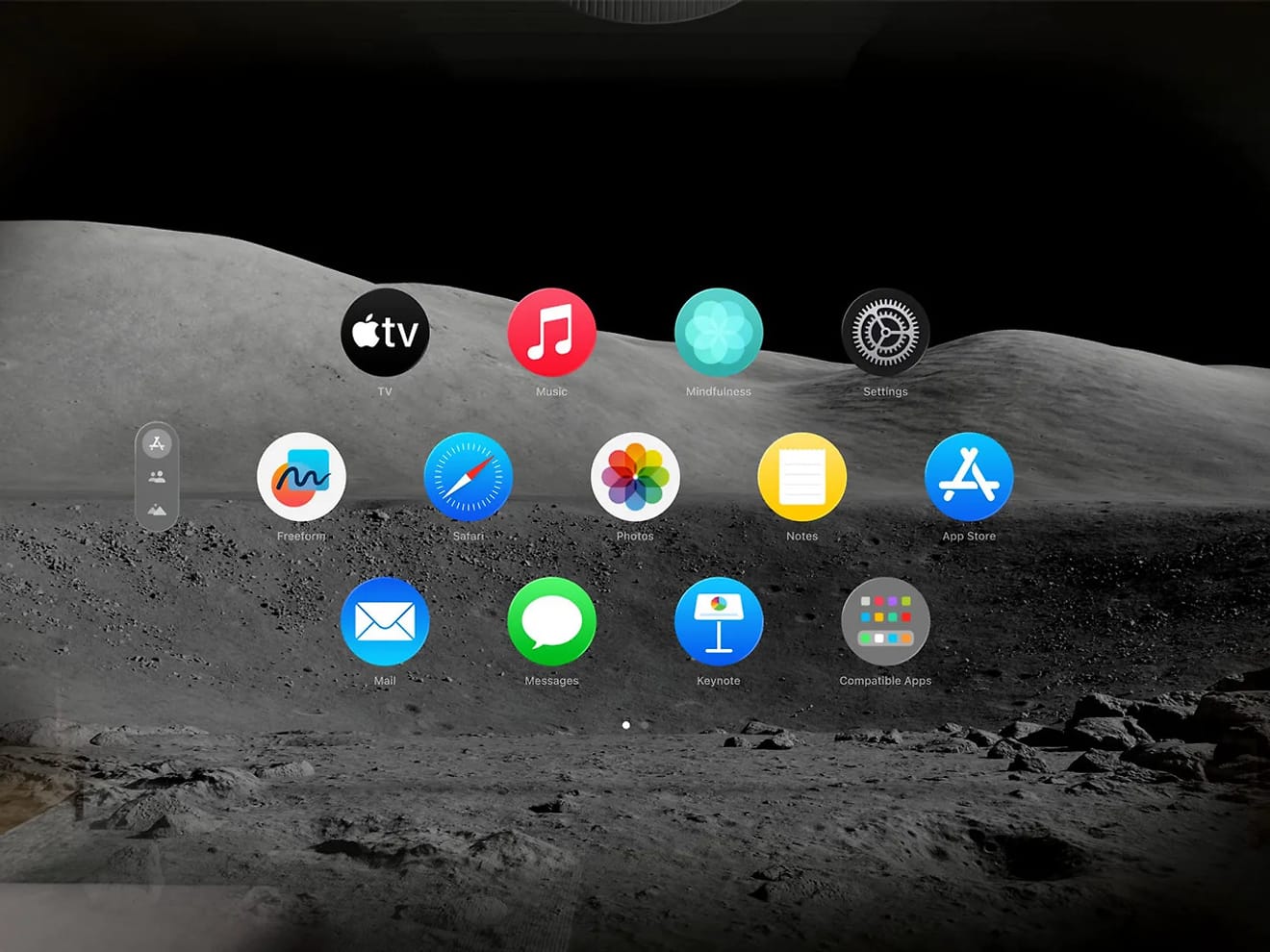According to a recent article in Slate, a web-focused news publication, Quora, once a global go-to site for knowledge sharing akin to Naver's Knowledge-in, is facing a crisis. In the past, Quora boasted a monthly unique visitor count of 190 million and garnered user trust and loyalty due to its emphasis on the value of good questions, with even prominent figures like former US President Barack Obama and actor Ashton Kutcher providing candid and detailed answers. However, the recent emergence of AI has reportedly led to a significant exodus of core users from the service.

Quora's core value proposition was built on requiring real names for user profiles, essentially creating a structure where humans asked questions and human experts provided high-quality answers. However, as Quora began investing in AI chatbot platforms and made controversial changes to its terms of service, allowing user responses to be used for AI model training, it signaled a shift in the community's identity—from human-centric to AI-driven. This has resulted in a cooling of user sentiment towards Quora, with predictions that it might soon become a ghost town populated solely by AI chatbots.
The intention behind reshaping the entire process of generating questions and providing accurate answers within a digital community using AI seems plausible. We already actively use ChatGPT for various tasks, including translation, coding, and writing, which implicitly demonstrates our trust in AI responses. However, it's crucial to acknowledge the subtle anxieties that exist between the value structure offered by human-to-human question-and-answer interactions and the emerging value structure of human-to-AI interactions. The fact that prominent experts on Quora are deleting their content and leaving the platform can be understood within this context, highlighting the need to examine this nuanced difference.
Danish social scientist Charlie Strong, in his research on 'Smartphones and the Future of Remembering,' emphasizes that new technological products don't merely become objects we use and possess; they serve as a catalyst for reaffirming who we are and what we are capable of. Based on the 'Extended Mind Theory' of Andy Clark and David Chalmers, his research starts from the premise that smartphones have become an indispensable element in understanding human memory, a factor that can't be solely attributed to the brain.

Writing, at its core, is a skill that plays a significant role in altering or reinforcing our biological memory. And now, with smartphones, we can augment writing with photographs, digital audio recordings, and videos. This implies the emergence of a knowledge and memory system that is quite distinct from utilizing our biological capacity, i.e., our brains. The reality show 'Transit Love,' which has gained immense popularity in recent years, introduces the concept of the X-room, a space filled with elements that encapsulate memories of past relationships. Within this X-room, we see not just couple items and letters, but also videos capturing travel, birthdays, and dates recorded using smartphones, as well as captured images of KakaoTalk message windows.
Over the past two decades, the introduction and improvement of smartphones have granted us continuous access to a plethora of mediums capable of recording and retrieving virtually limitless memories. This smartphone-centric memory system, however, restricts our capacity to remember in conventional ways, enabling us to store memories in numerous alternative methods like cloud storage and Instagram, which can lead to unprecedented confusion. In conversations with research participants who use smartphones with over 100GB of storage, I've often encountered individuals who complain about their perpetual struggle with storage limitations due to their inability to organize their photos effectively.
Smartphone users tend to prefer app-based organization over web-based methods, resulting in a dispersed storage of memories. Over time, this scattered storage makes organizing memories increasingly difficult. Furthermore, the ability to capture and save every moment instantaneously through photos and screenshots allows us to record countless experiences. However, this incessant recording can paradoxically make memory more complex and challenging. In essence, as illustrated in research on smartphones and memory, it's essential to consider that technological advancements might not merely expand functionalities but also introduce new, inherent challenges intertwined with our everyday lives and technological integrations.
In this context, it might be helpful to pose ambiguous, philosophical questions centered on humanity rather than solely focusing on technology-driven inquiries about how new technologies will enhance existing records and memories. 'What and how will we record and remember?' Perhaps this is the question that Quora, once a web giant built on the value of insightful questions, should have asked itself when contemplating AI investment and implementation.
References
Comments0